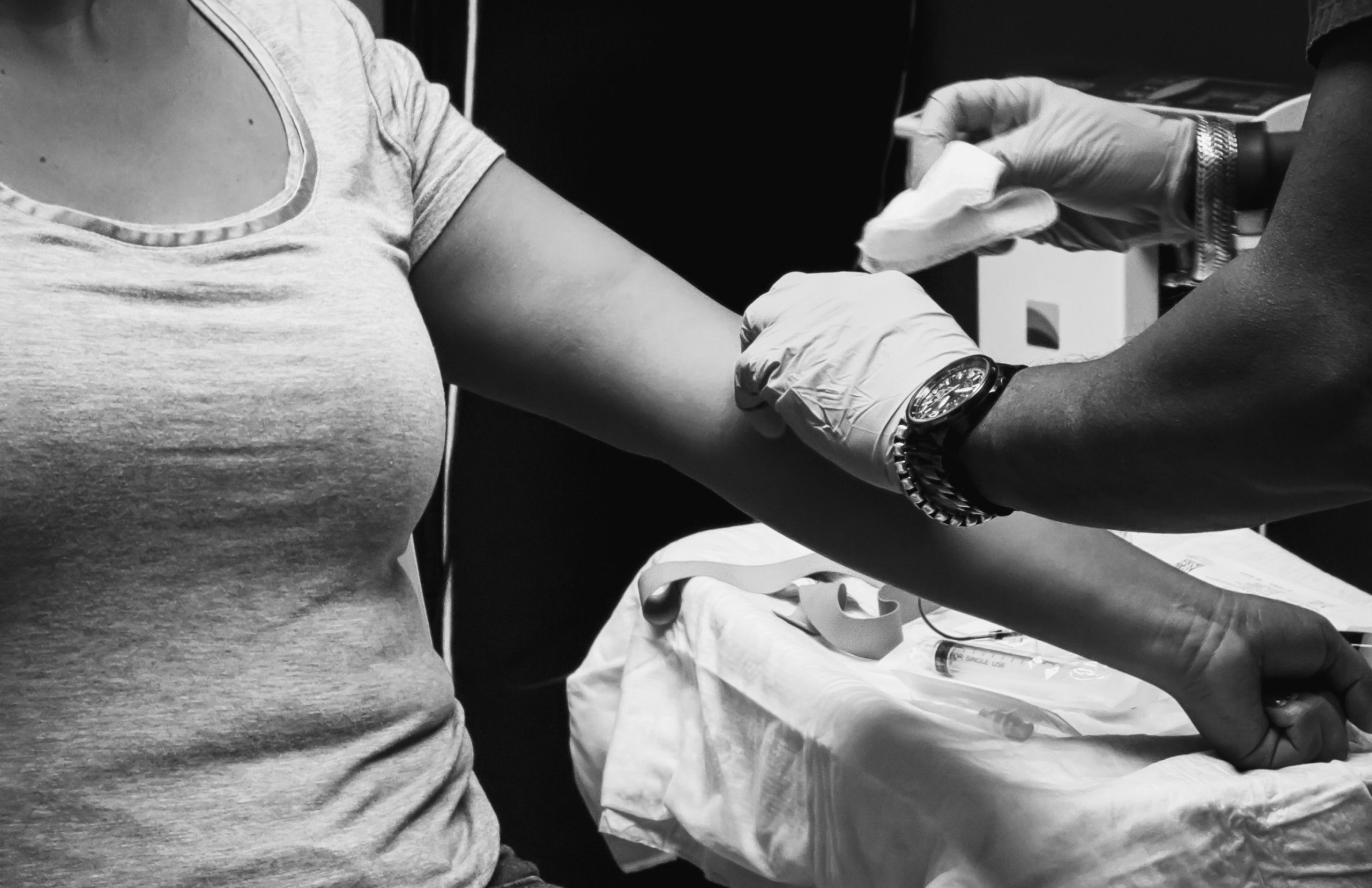In an effort to improve the safety and quality of the blood supply, blood donation centers have implemented changes to the blood donation questionnaire. These changes aim to enhance the screening process for potential donors and reduce the risk of transmitting infectious diseases through donated blood.
If you’re planning to donate blood soon, here’s what you can expect on the updated blood donation questionnaire:
- More detailed travel history questions
The new questionnaire will ask for a more detailed travel history, including whether you have traveled to areas with a high risk of infectious diseases such as malaria or Zika virus. This information will help blood centers identify potential donors who may be at risk of transmitting infections through donated blood.
- Questions about sexual behavior
The new questionnaire includes more detailed questions about sexual behavior to help identify potential donors who may be at a higher risk of transmitting sexually transmitted infections. These questions are not meant to discriminate against any particular group of donors but are part of the blood centers’ efforts to ensure the safety of the blood supply.
- Questions about drug use
The new questionnaire includes more detailed questions about drug use to identify potential donors who may be at risk of transmitting infections through donated blood. Donors who have injected drugs in the past may not be eligible to donate blood due to the risk of transmitting infections such as HIV and hepatitis B and C.
- Questions about tattoos and piercings
The new questionnaire includes questions about tattoos and piercings to identify potential donors who may be at risk of transmitting infections through donated blood. Donors who have received a tattoo or piercing within a certain period may not be eligible to donate blood due to the risk of transmitting infections such as hepatitis B and C.
- Questions about COVID-19
The new questionnaire includes questions about COVID-19 to identify potential donors who may have been infected with the virus or have been in contact with someone who has. Donors who have had COVID-19 or have been in close contact with someone who has had COVID-19 may not be eligible to donate blood for a certain period.
These changes to the blood donation questionnaire reflect the blood centers’ efforts to ensure the safety of the blood supply and reduce the risk of transmitting infectious diseases through donated blood. Donors should answer all questions on the questionnaire truthfully and accurately to ensure the safety of the blood supply and the health of the recipients.
If you have any concerns about the new questionnaire or your eligibility to donate blood, you can contact your local blood donation center for more information. Blood centers are always in need of blood donations, and your donation can help save lives. However, it is essential to follow the new guidelines set out by blood banks to ensure the safety of both donors and recipients.
In conclusion, changes to the blood donation questionnaire are meant to enhance the screening process for potential donors and reduce the risk of transmitting infectious diseases through donated blood. Donors should answer all questions truthfully and accurately to ensure the safety of the blood supply and the health of the recipients. If you’re planning to donate blood soon, be sure to familiarize yourself with the new questionnaire and contact your local blood donation center if you have any concerns.











